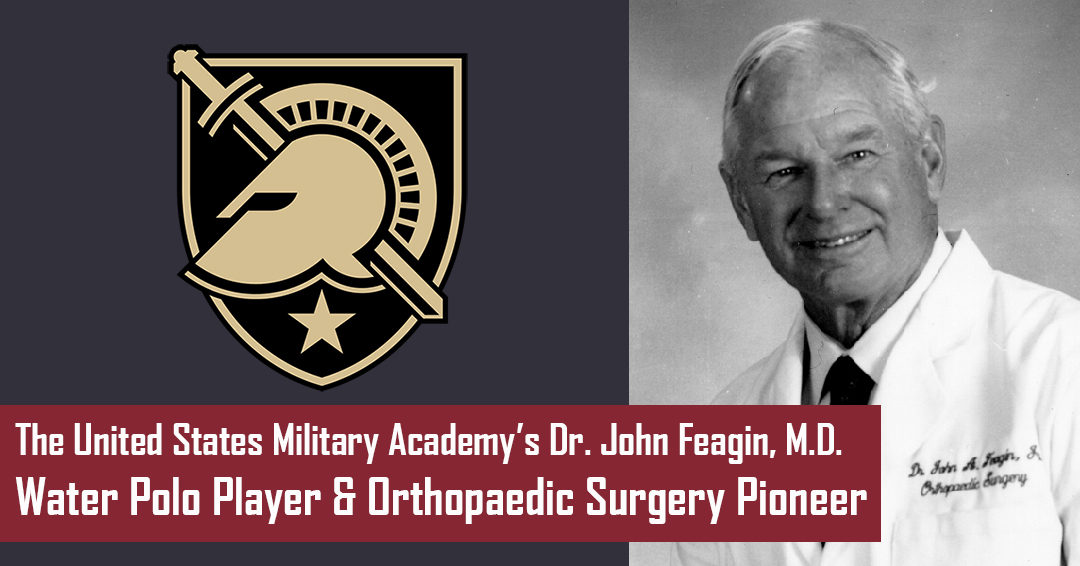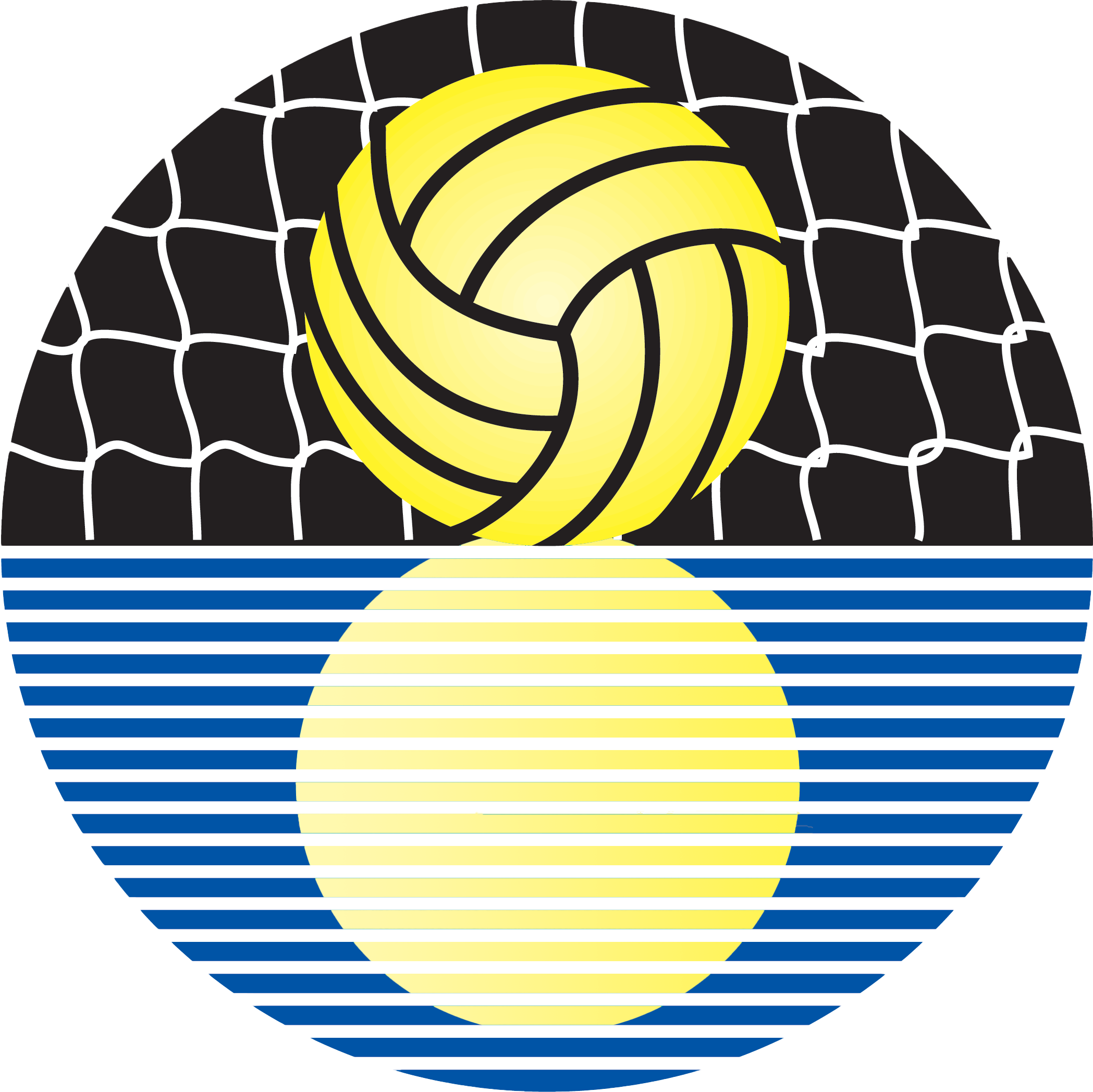BRIDGEPORT, Pa. — A 1955 graduate of the United States Military Academy, Dr. John A. Feagin, Jr., launched a career in medicine thanks to a failed eye exam.
A 2014 inductee to the Army Athletics Hall of Fame, Feagin earned two varsity letters as a member of the swimming and diving team and was a key member of the West Point Water Polo Club.
His first career dream had been to fly in the Air Force – as his father was an aviator, an early B17 pilot, and pioneering advocate of aerial bombardment, was in the force that during the 1930’s developed the bombing tactics and techniques which were used so effectively during World War II. However, a failed eye exam led him to him being commissioned in 1955 and serving on active duty as a Battalion Fire Direction Officer with the 82nd Airborne in Fort Bragg, North Carolina.
It was at Fort Bragg in dealing with Medical Corps personnel in behalf of his soldiers that he came to realize that there existed a great need for unit-experienced officers, in particular, West Point graduates, in the medical service.
His strong sense of duty and responsibility for soldier well-being led him to apply for admission to Duke University School of Medicine and to several other noted medical colleges. His initial interviews so impressed the Dean of the Duke School of Medicine that he was granted admittance for the fall of 1957 as the first graduate accepted there from any service academy. Once accepted, in negotiations with the Office of the Surgeon General and the Department of the Army, he reached agreement wherein he would be granted leave of absence without pay to attend medical school at his own expense; and then upon graduation, he would return to active duty. The agreement made him the first West Point graduate to attend medical school while on active duty.
At Duke, he quickly became identified among his talented classmates as a leader and was elected as the President of his Medical School Class. As he was attending without outside financial backing, his assets were soon depleted. Impressed by his effort and his high potential, a student fellowship was arranged for him to work part time with the North Carolina Cerebral Palsy Hospital. Only through this arrangement was he able to continue his studies. He worked part-time throughout the remainder of his attendance at Duke.
Following graduation from Duke in 1961, now-“Dr.” Feagin returned to active duty as an intern at Tripler Army Hospital in Honolulu, Hawaii. In 1962 and 1963, he completed his internship at the Post Hospital at Fort Ord, California where he first began to practice his surgical art. Later in 1963, he was assigned to Walter Reed Army Medical Center to begin his residency in Orthopaedic Services. He immediately became noted at Walter Reed and realized the great potential benefit of networking and exchanging information with other doctors performing similar work. This led to his becoming a Founding Member of the Society of Military Orthopaedic Surgeons in 1966.
Feagin served as an orthopedic surgical resident at Walker Reed Army Medical Center for four years and then as Chief of Orthopaedic Services at the 85th Evac Hospital in Vietnam.
Feagin returned to West Point as team physician in 1967 and worked closely with assistant football coach Bill Parcells and head basketball coach Bob Knight.
The founding member of the American Orthopaedic Society of Sports Medicine, the International Society of Knee Surgery and Arthroscopy, the Society of Military Orthopaedic Surgeons and the American Orthopaedic Society For Sports Medicine, Feagin was an extensive author and lecturer. His signature work, “The Crucial Ligaments,” revised the treatment of Anterior Cruciate Ligament injuries. His work is still used today in treating the common sports knee injury as well as educating young orthopedic surgeons.
Feagin served as the team physician for the U.S. Ski Team during the 1992 Winter Olympics after moving to Durham, N.C., to become an Associate Professor at the Duke University School of Medicine and Chief of Orthopaedic Services in the Durham Veterans Administration Medical Center.
He worked as team physician under West Point graduate Mike Krzyzewski and the Duke Basketball team and helped found the Coach Krzyzewski -Nike Human Performance Laboratory.
Feagin was presented the Mueller International Knee Prize for a Lifetime of Contributions to the Sciences and Practices of Knee Surgery, was inducted into the AOSSM Hall of Fame, was an honorary member of the Army Football Letterman’s Club and established the John A. Feagin West Point Sports Medicine Fellowship.
In addition, Duke University created the Feagin Leadership Program which provides the Feagin Scholars (a select group of Duke medical students, residents, and fellows) a transformational learning experience that develops effective, ethical leaders who positively influence healthcare.
Dr. Feagin passed away earlier this year on September 1, 2019, at his home in Jackson Hole, Wyoming. He was 85 at the time of his passing.




